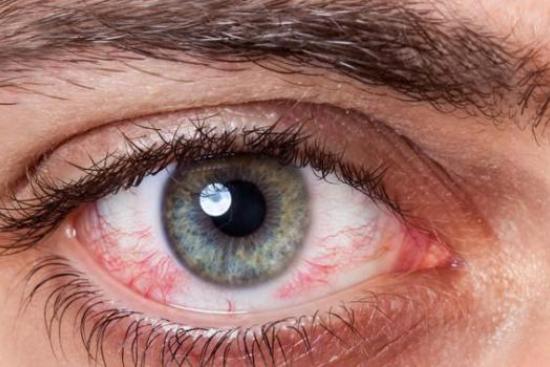Retinitis pigmentosa (RP) is a degenerative genetic disease that progressively affects the photoreceptors, the light-sensitive cells of the retina. This deterioration, present from birth, leads to loss of night and peripheral vision and can progress to blindness. The genetic mutations that cause RP disrupt the function of retinal cells, impairing the transmission of visual information to the brain.
Although there is no cure for RP, treatments can help slow its progression and preserve remaining visual function.








